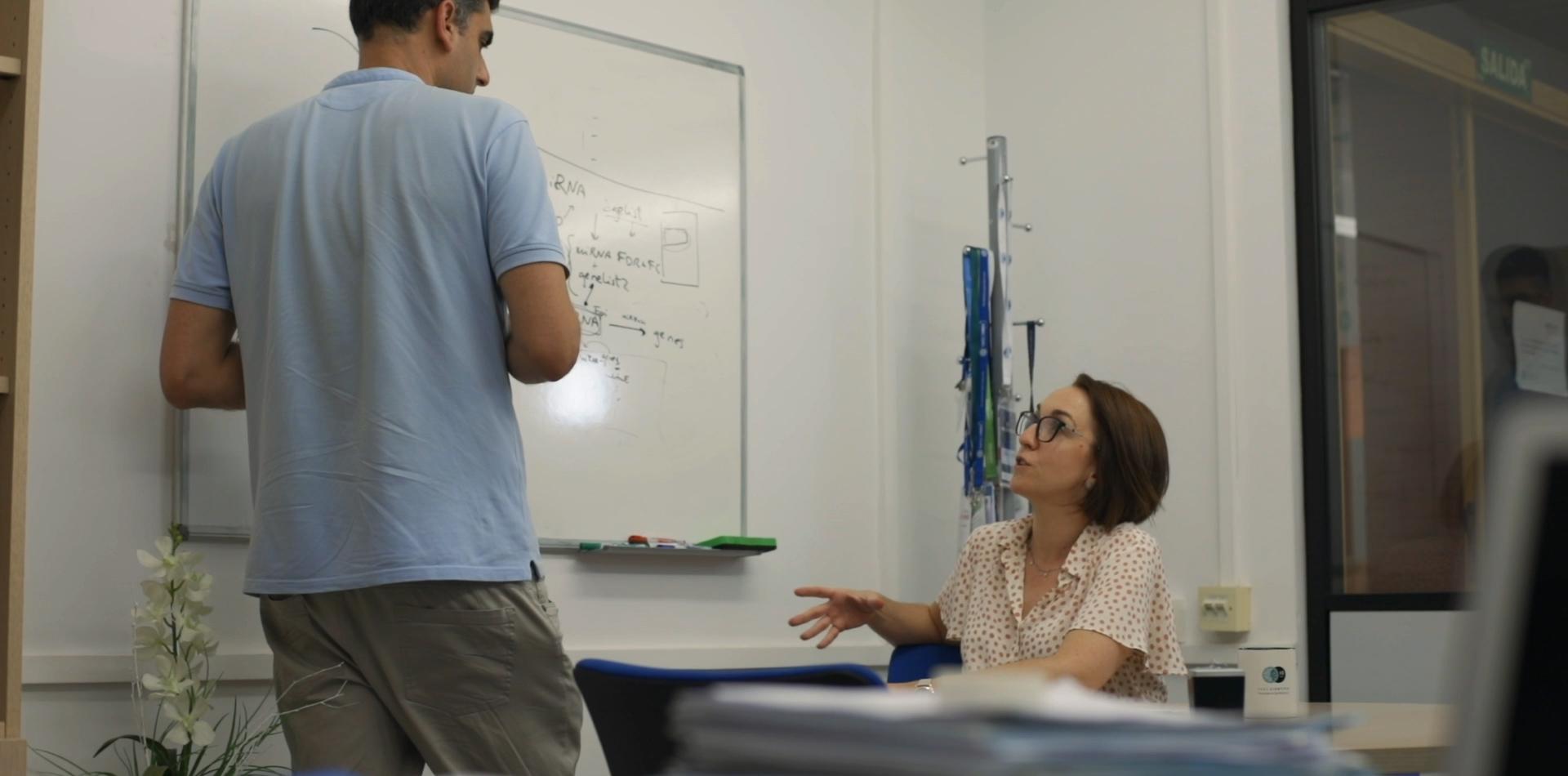- Who we are
- Services
- Establishing in the Park
- The companies in the Park
- Research Institutes Research Institutes Cavanilles Institute of Biodiversity and Evolutionary Biology (UV) Institute of Agrochemistry and Food Technologies (CSIC) Institute for Integrative Systems Biology (UV + CSIC) Institute for Molecular Science (UV) Institute of Materials Science (UV) Institute of Corpuscular Physics (UV + CSIC) Institute of Robotics and Information and Communication Technologies (UV) Image Processing Laboratory Astronomical Observatory of the University of Valencia
- News
- Contact
- Intranet



 Linkedin
Linkedin